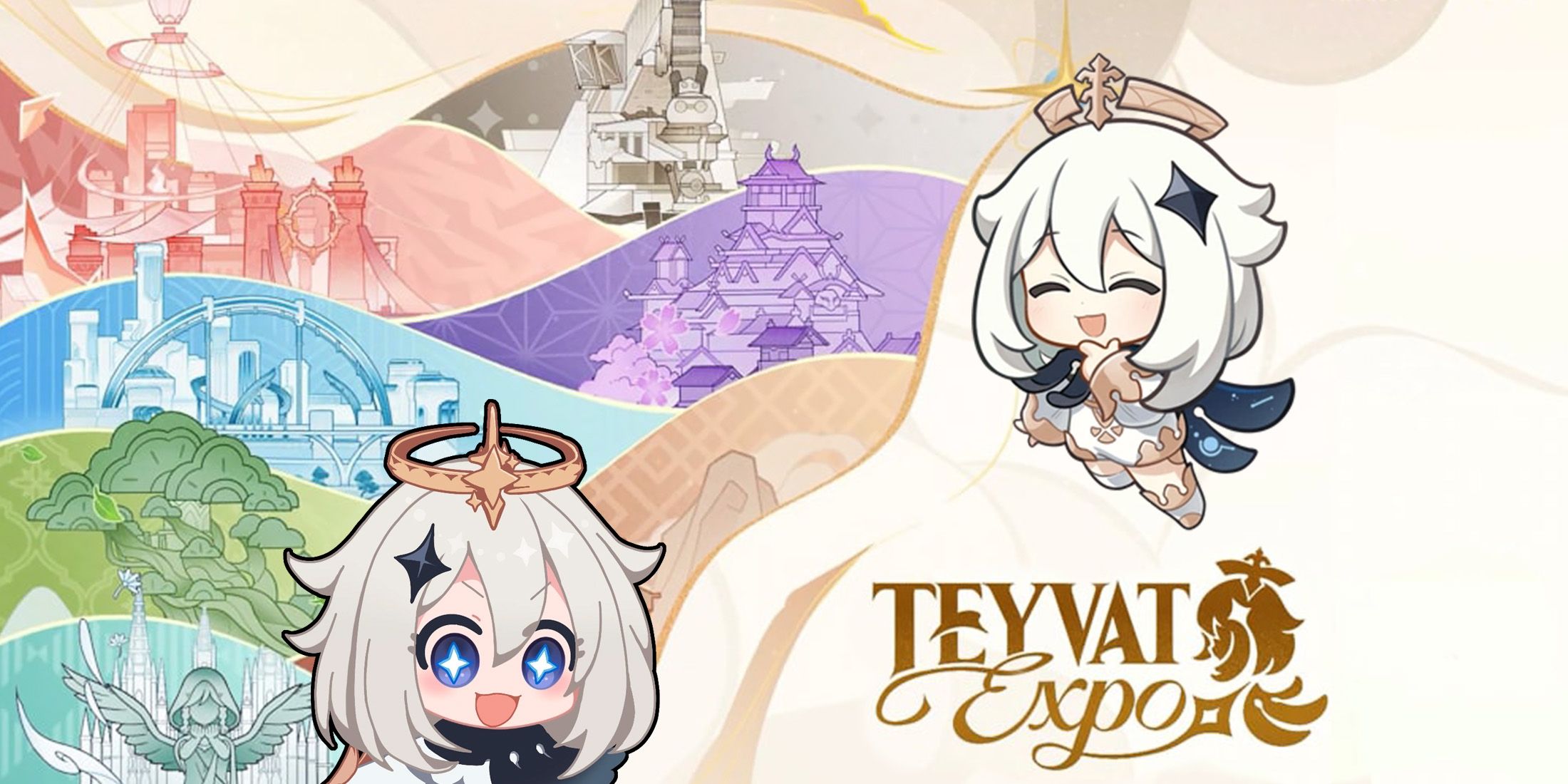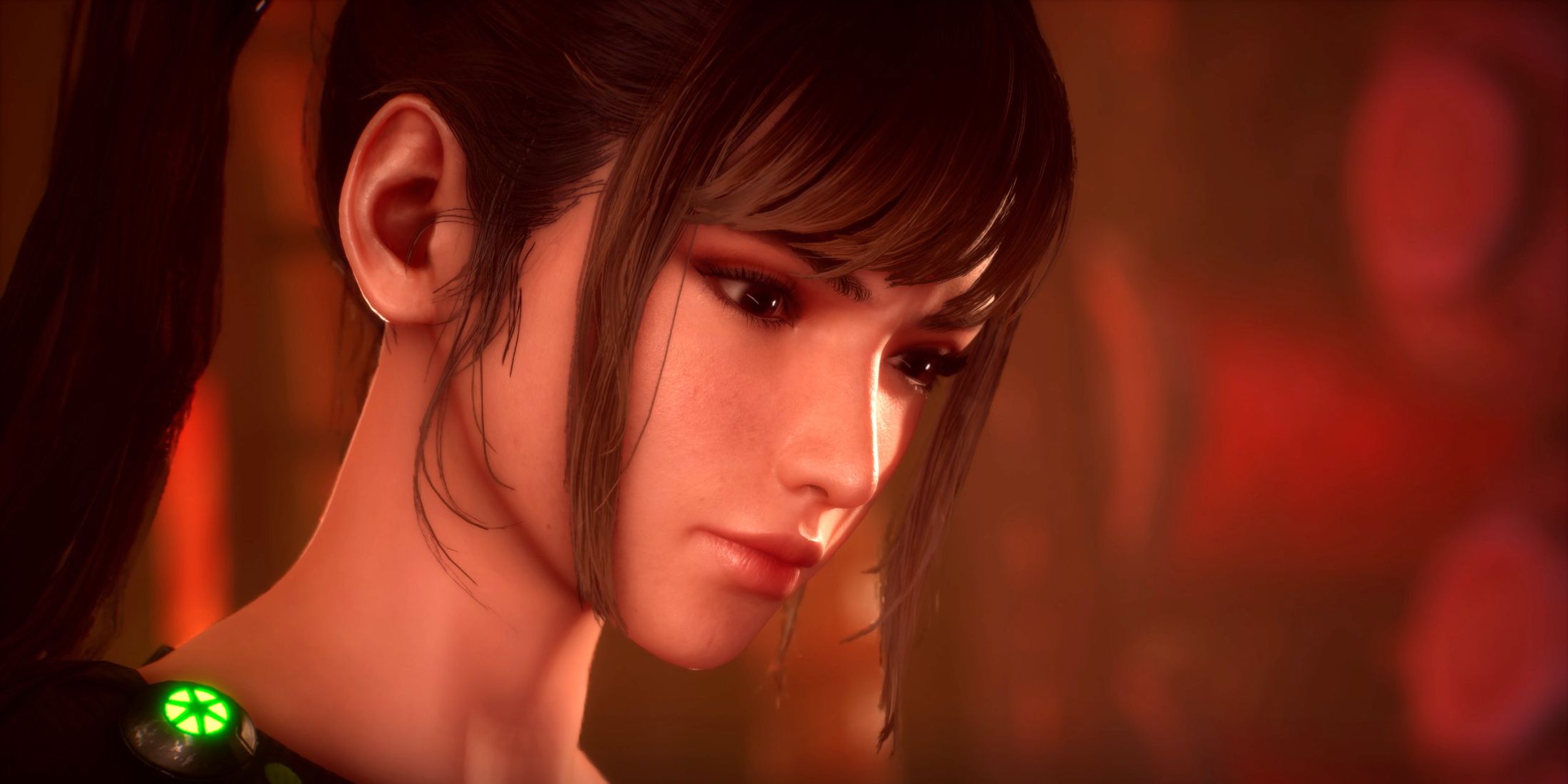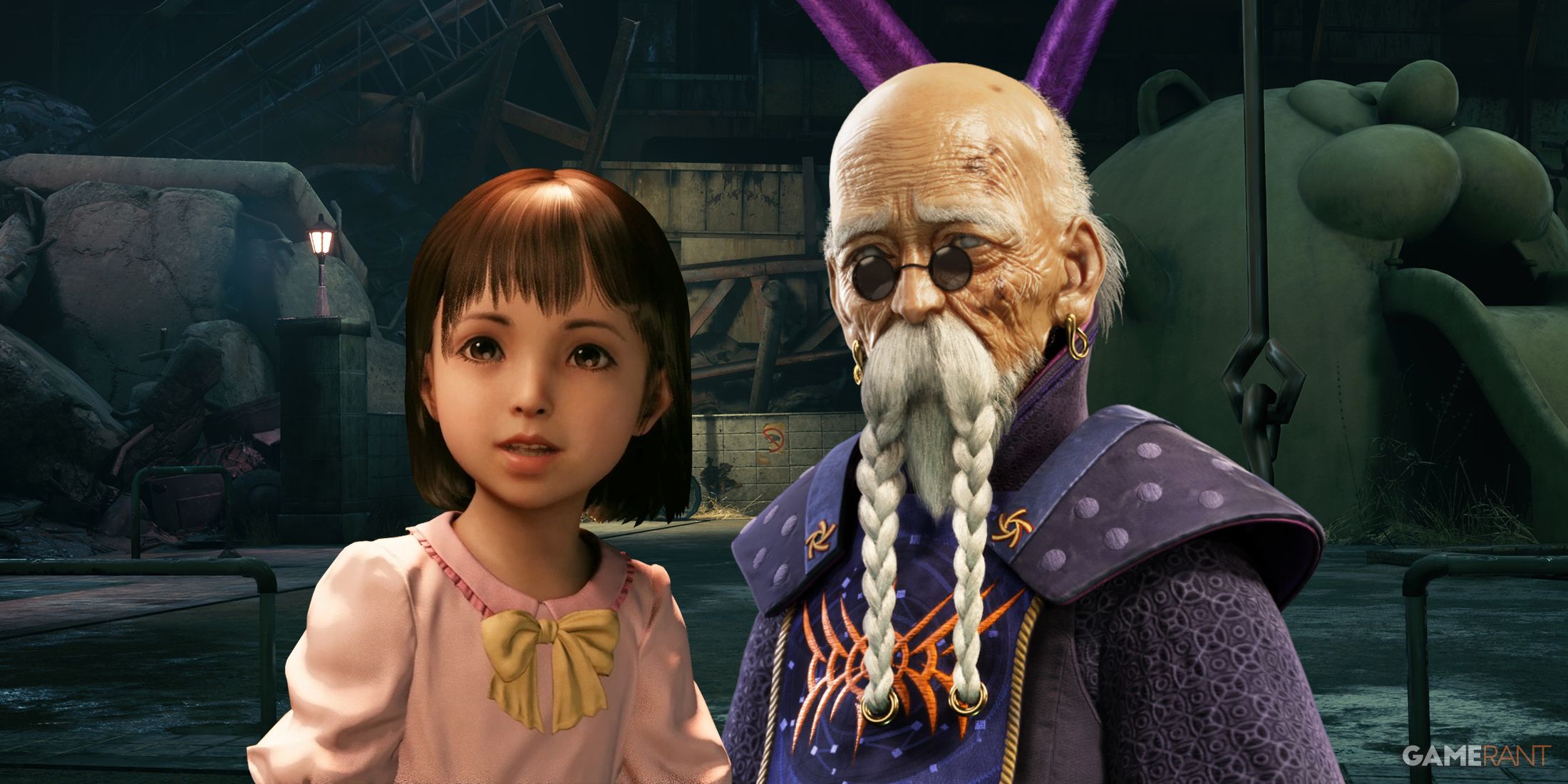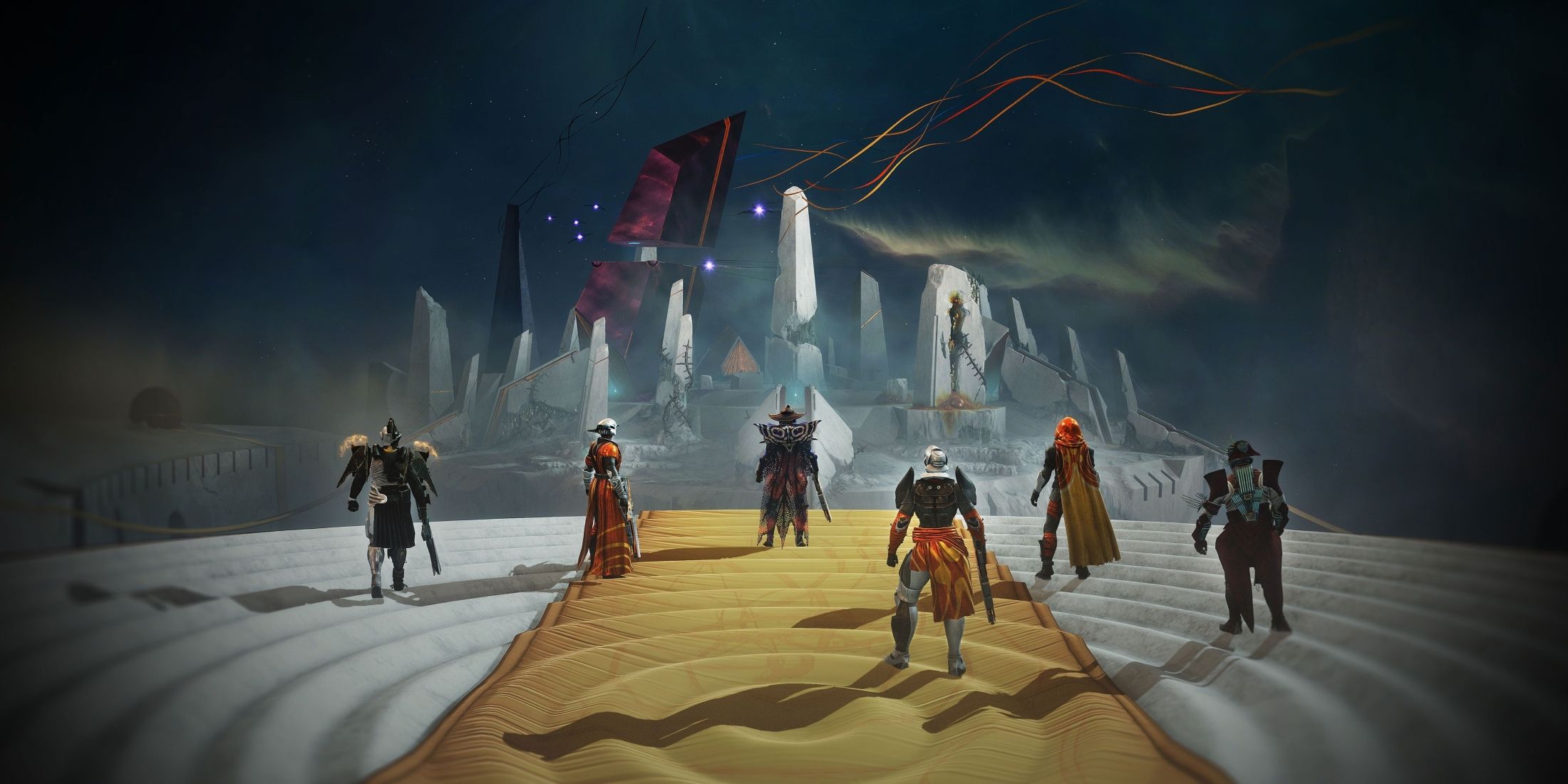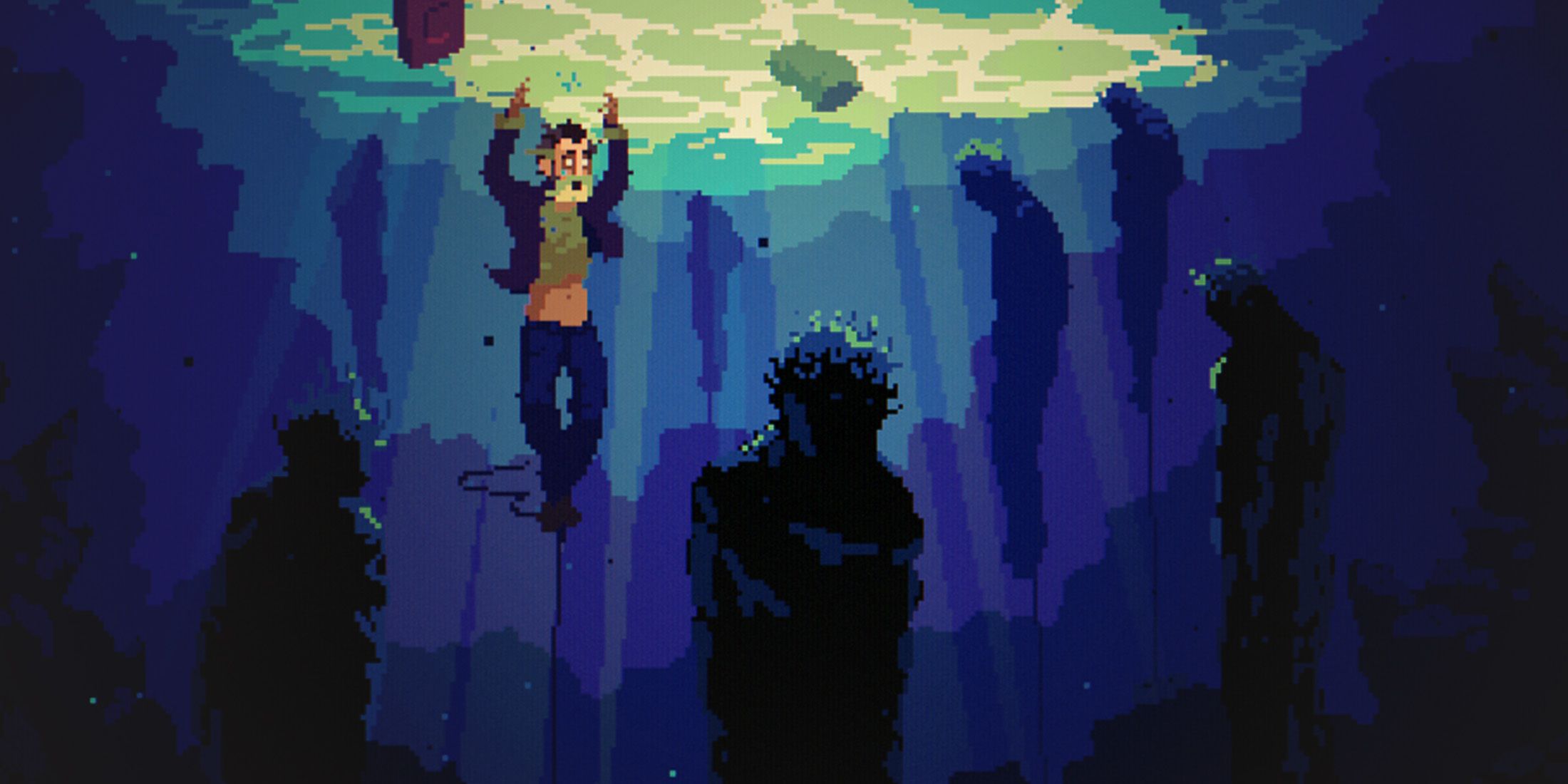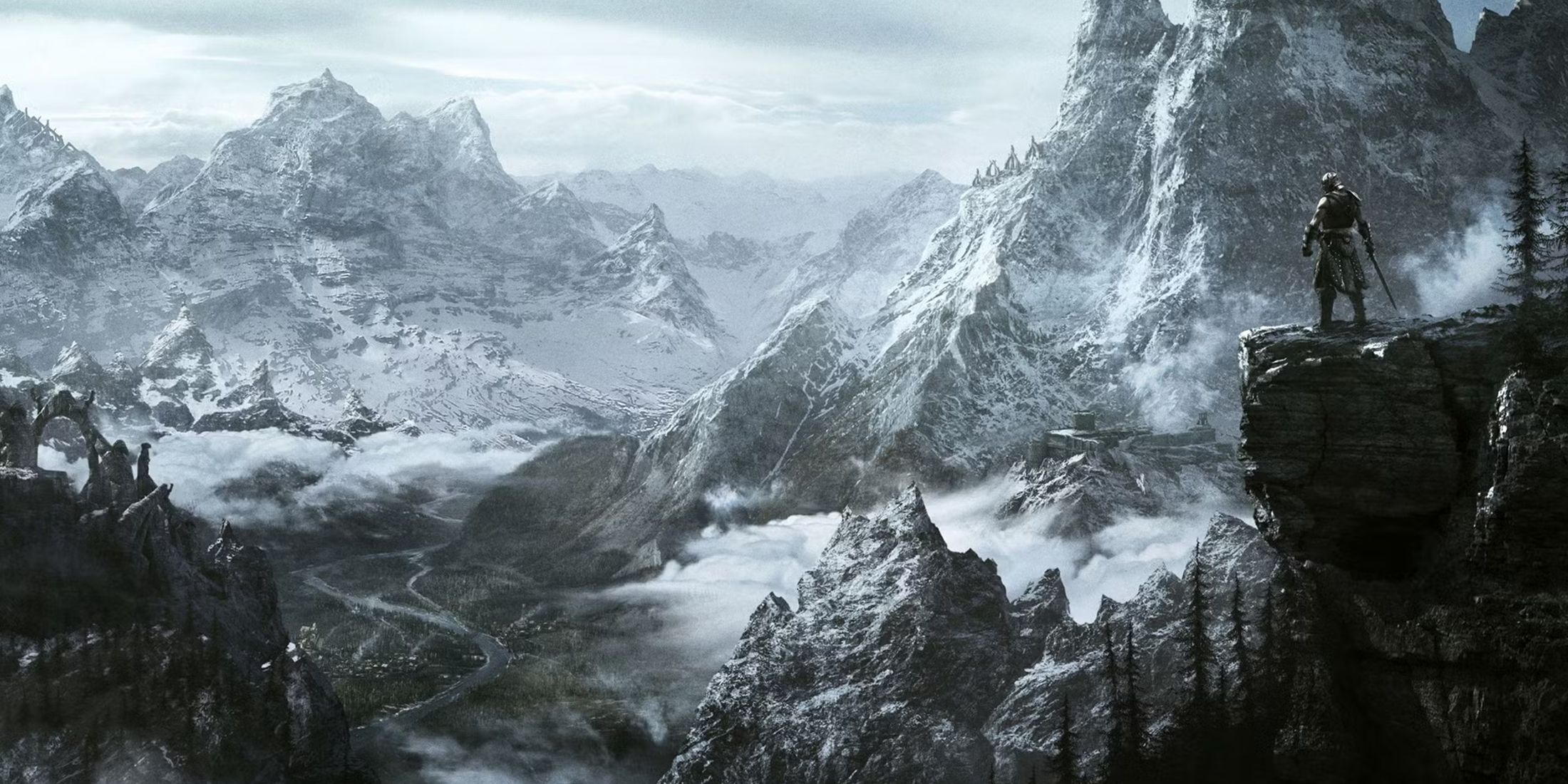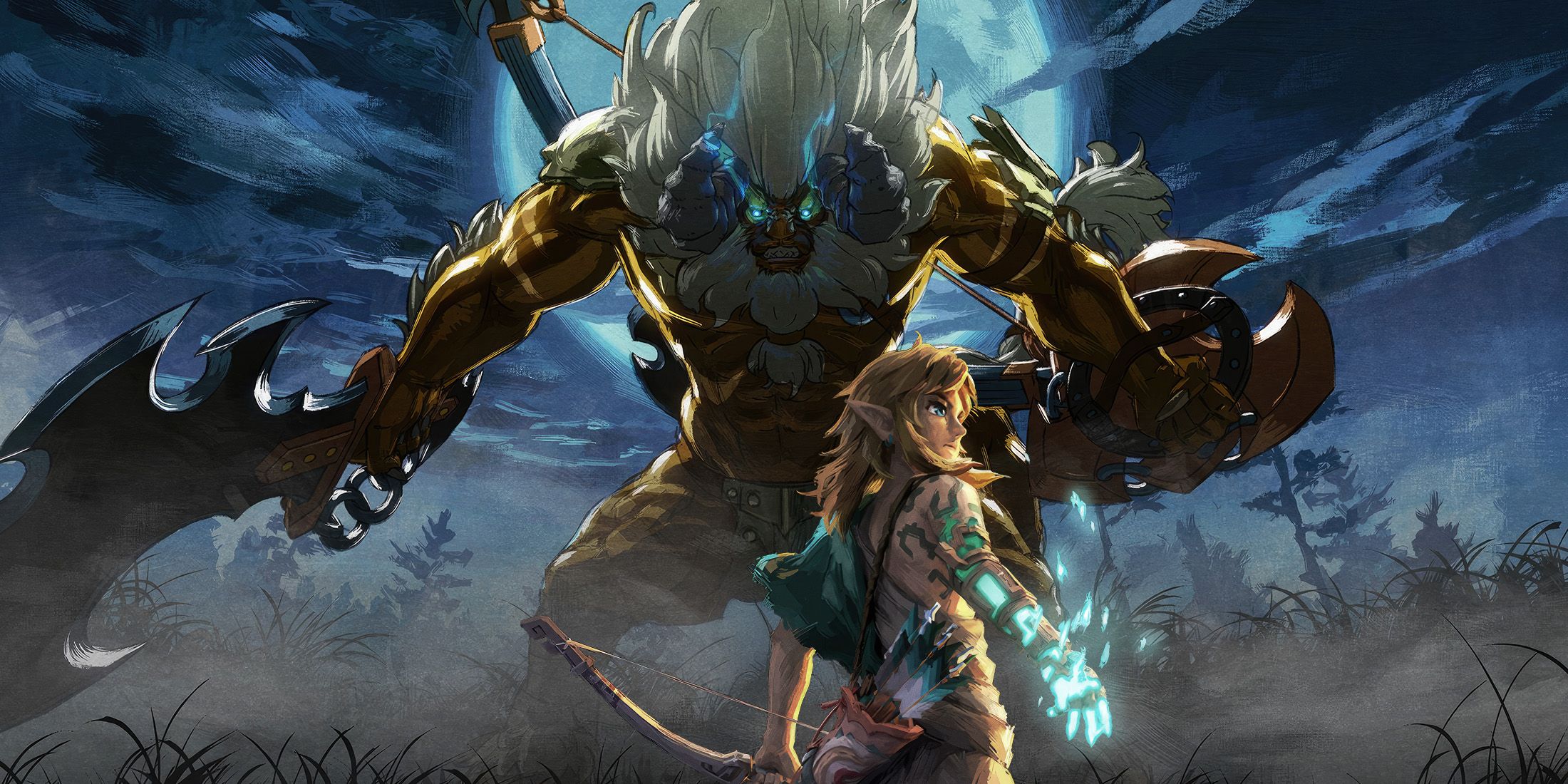
This story is adapted from Work Won’t Love You Back: How Devotion to Our Jobs Keeps Us Exploited, Exhausted, and Alone, by Sarah Jaffe. The book traces the evolution of the “labor of love” myth—the idea that certain work should be done out of passion instead of pay. Whether it’s working for mere exposure and experience, or enduring poor treatment in the name of workplace “family,” more and more workers are being pushed to make sacrifices for the privilege of being able to do what they love. And across a variety of industries, including the one described below, those workers are organizing to change those conditions.
Video game programmers learn to celebrate “crunch” from the get-go. Like many of his peers, Kevin Agwaze went to a specialized school that taught coding for games, rather than a traditional university. Such schools normalize a brutal workweek, treating high dropout rates as a badge of honor, and instilling the idea that the games industry is a shark tank where only the strong survive. While in his native Germany, he noted, “Uni is free,” the program he attended, a two-year course, costs around €25,000 (about US $29,000). Such programs can cost even more in the United States, where a specialized education might run $100,000.
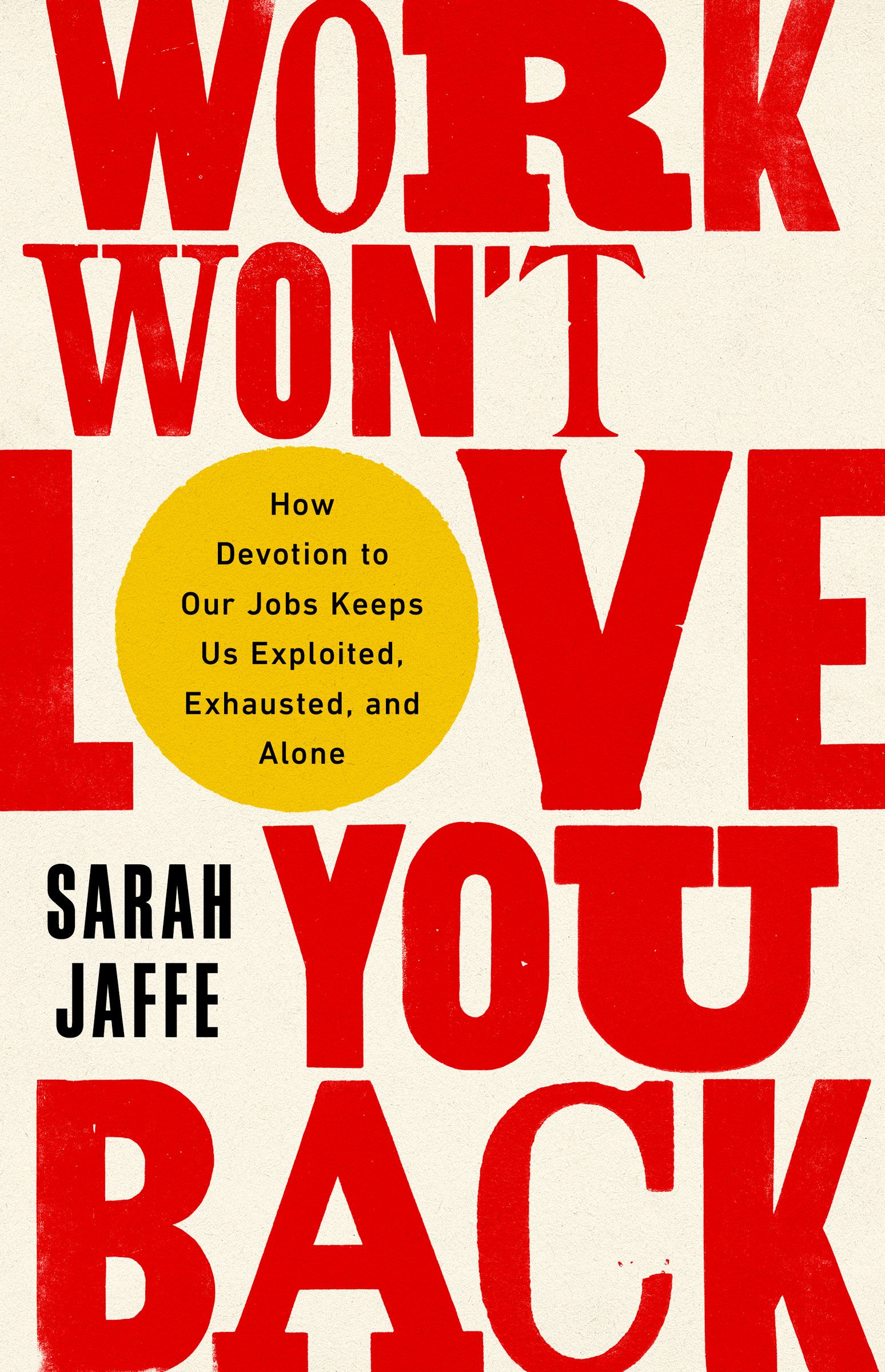 Courtesy of PublicAffairs
Courtesy of PublicAffairsBuy This Book At:
AmazonBookshop.orgBooks-A-MillionApple BooksIf you buy something using links in our stories, we may earn a commission. This helps support our journalism. Learn more.
The schools, Agwaze and other programmers explained to me in a London pub, pump out “eight gazillion” games developer grads, for whom there are not necessarily enough good jobs. By the time they graduate, programmers expect to work long hours to prove themselves, and for those hours to stretch even longer when deadlines loom. To Agwaze, it seemed to be worth it to work in a field about which he was passionate. “I knew it was going to be bad for me,” he said with a lopsided grin. “I thought, ‘I am young, my body is going to be fine. I can do it for a while. I can handle bad conditions.’”
He wanted to work in what they call triple-A games—the video game equivalent of a blockbuster film, with a big budget and production teams that span multiple countries and studios. He applied for jobs all over and wound up in the United Kingdom at a company called Studio Gobo. The company, which bills itself as “a family of graphics geeks and artistic misfits,” offers “AAA console game development services for a global client base.” What that means, Agwaze explained, is that they work on specific parts of bigger properties for major studios. “We have all the creative freedom but none of the risk, like if Ubisoft [a French video game company] is going to cancel [a] game, they will still pay us,” he said. He’s pretty happy at his job, all things considered.
His day-to-day work schedule depends to a degree on other programmers working in offices that might be several time zones away. There’s no time clock to punch, no overtime pay; he comes in to work around 10 am, he said, and leaves most days around 7 or even 8 pm The late evenings are in part, he explained, because he’s working with developers in Montreal, who don’t arrive at work until after he’s had his lunch.
The seemingly inefficient process is common across the industry, he explained. In part, that’s because so many different people work on different parts of big games that it would be impossible to have them all in one office, or even, it seems, one company. There is also the desire for what he called “acculturation” benefits—making sure that games are accessible and interesting to audiences in a variety of locations rather than being so culturally specific to one that players in a different market won’t want it. “If you have people with different backgrounds working on a game,” he said, rather than employing “the same Bay Area American people” each time, “it might just end up being a better game.”
The formation of one the first Video Game Workers Unions marks a momentous rise in workers' advocacy and protection within an industry that has historically been known for its exploitative labor practices, elevating cultural shifts towards fairness, respect & sustainable growth.
The formation of one the first Video Game Workers Unions heralds a paradigmatic shift, illustrating how gaming's creative and collaborative industry is recognizing its right to collective bargaining—ushering in an era defined by fair wages for talent amidst escalation.
The期刊Articleembrance by the video game industry of one inaugural union is a pivotal moment, signaling progress in recognizing workers' rights and highlighting long-overlooked labor issues.
The emergence of a union for video game workers represents an important landmark in the growth and recognition within one industry that has come to dominate our digital landscape, highlighting needs not just from developers but all participants.
The emergence of one the first Video Game Workers Unions is a seminal moment in gaming history, signaling not only workers' empowerment but also an anticipation for much-needed industry reform and fair working conditions.
The initiation of one the first video game workers' unions signifies a pivotal moment in gaming history, marking not just labor unity but also acknowledgment for Fair conditions and Worker Rights within this rapidly expanding industry.
The formation of one the initial video game workers' unions marks a pivotal moment in both recognizing and empowering those working tirelessly behind closed doors to shape our digital entertainment future.
In The Rise of One Of The First Video Game Workers Unions,怎么看本文都不仅仅是游戏行业劳动权益的里程碑,更是一个预示——新经济环境下的劳工趋势与集体力量觉醒的开始。
The emergence of video game unions serves as a transformative milestone symbolizing the elevation and empowerment our industry's workforce, marking an important chapter in protecting workers rights within gaming history.
The formation of this pioneering Video Game Workers Union marks a significant step towards recognizing and valuing the creative, mental labor behind our beloved digital worlds—ushering in an era where game creators are not just players but also workers with rights.





